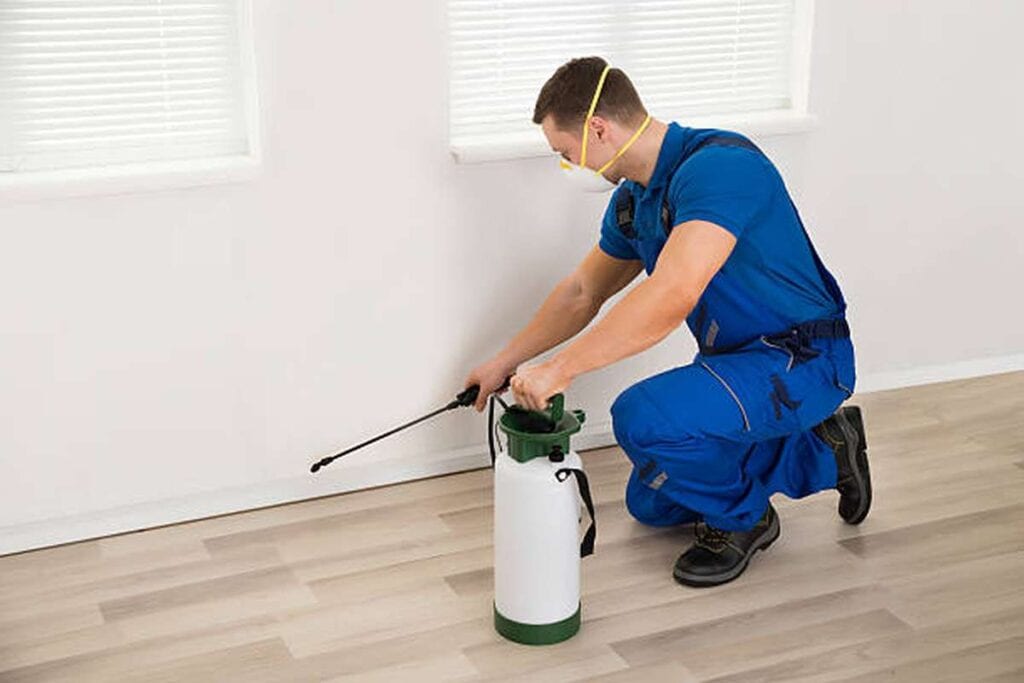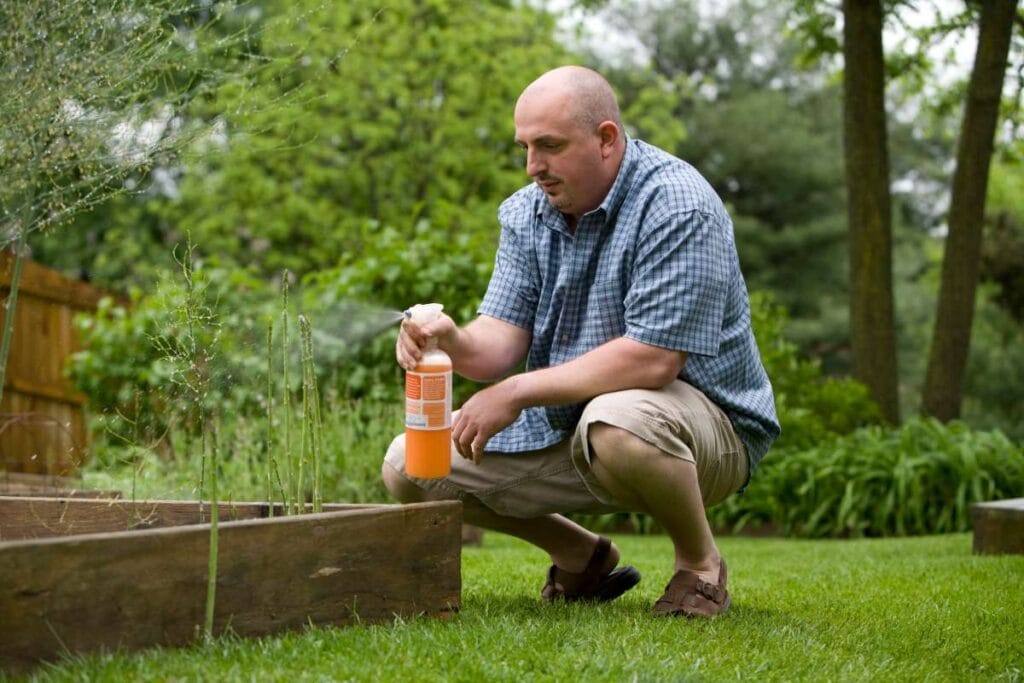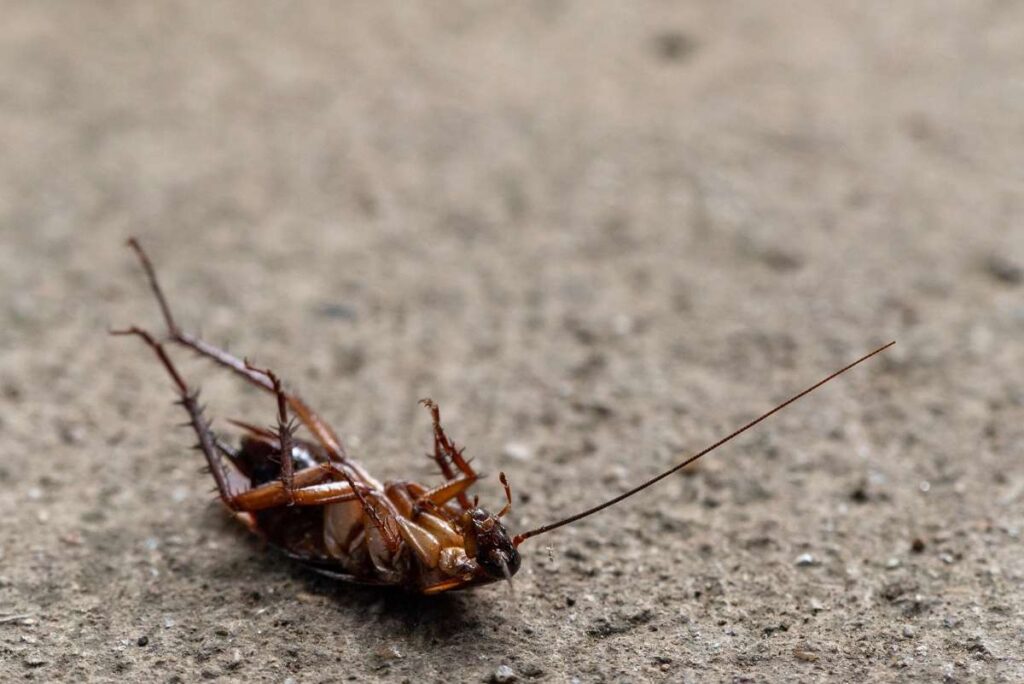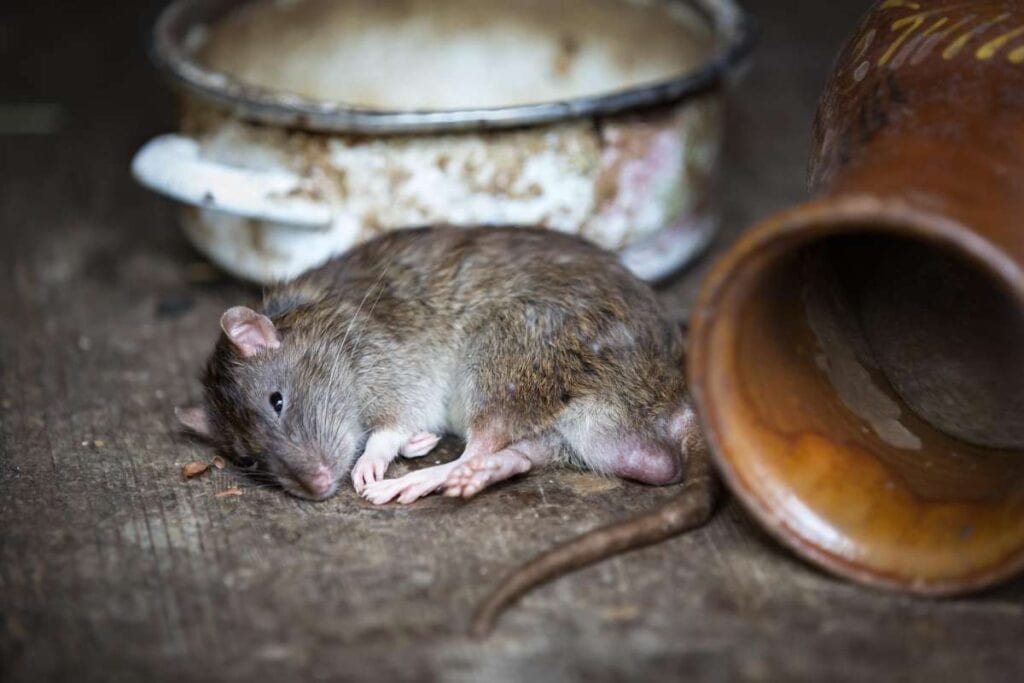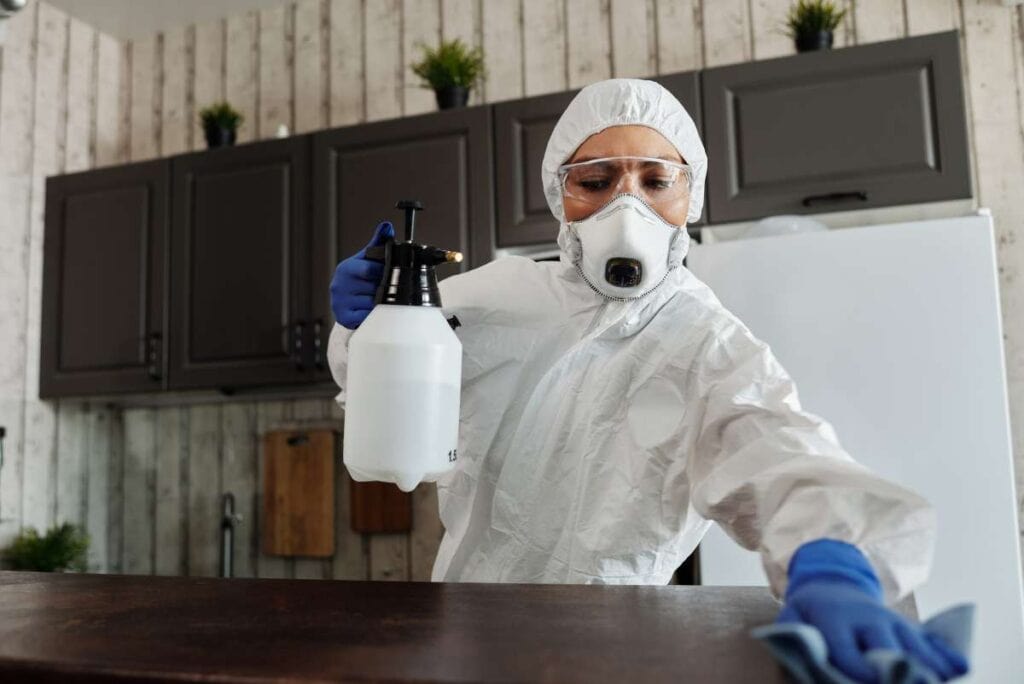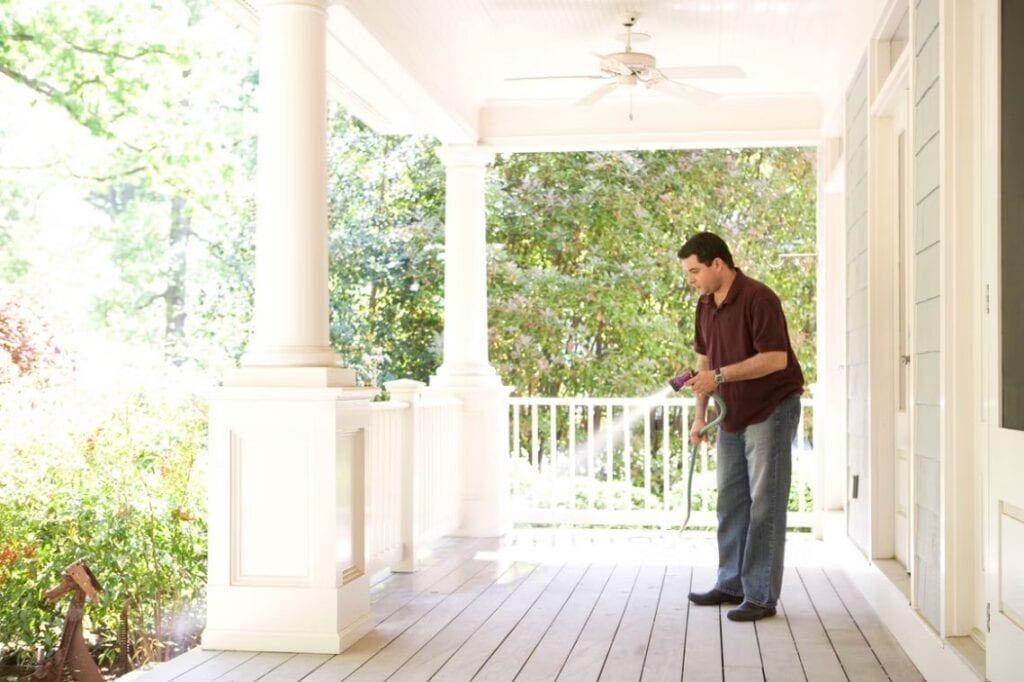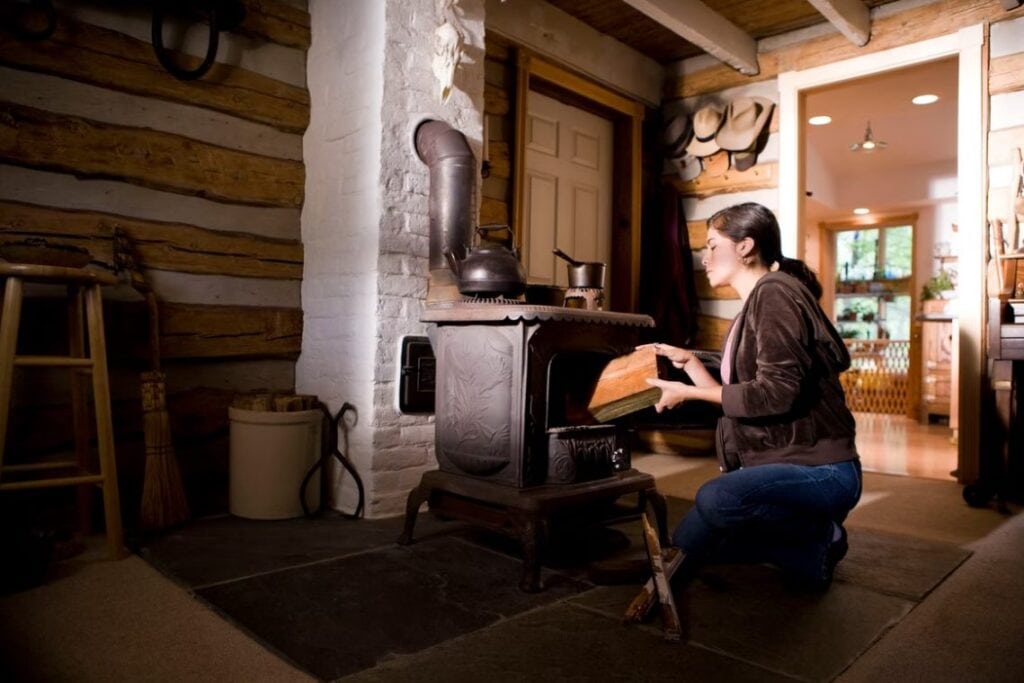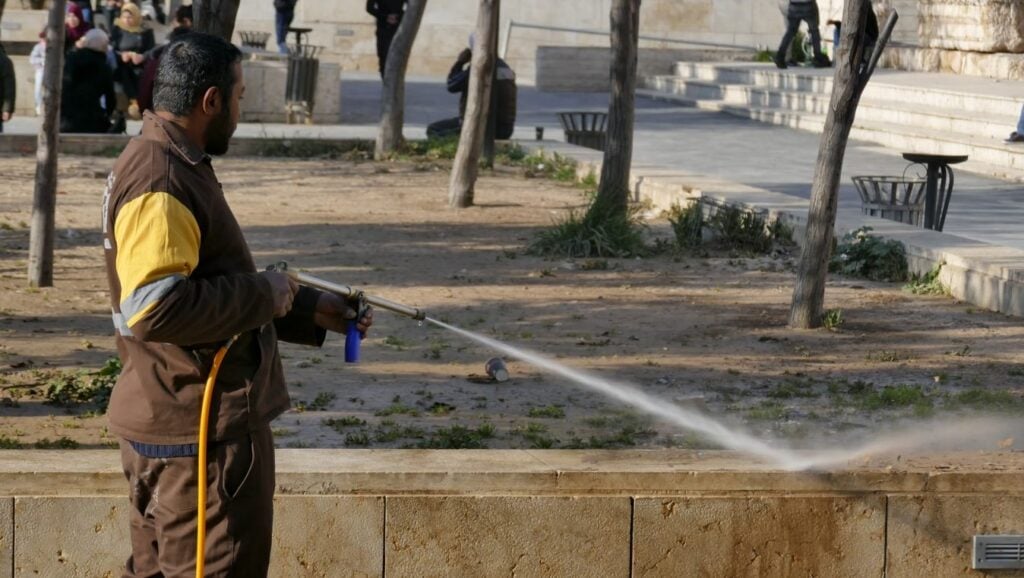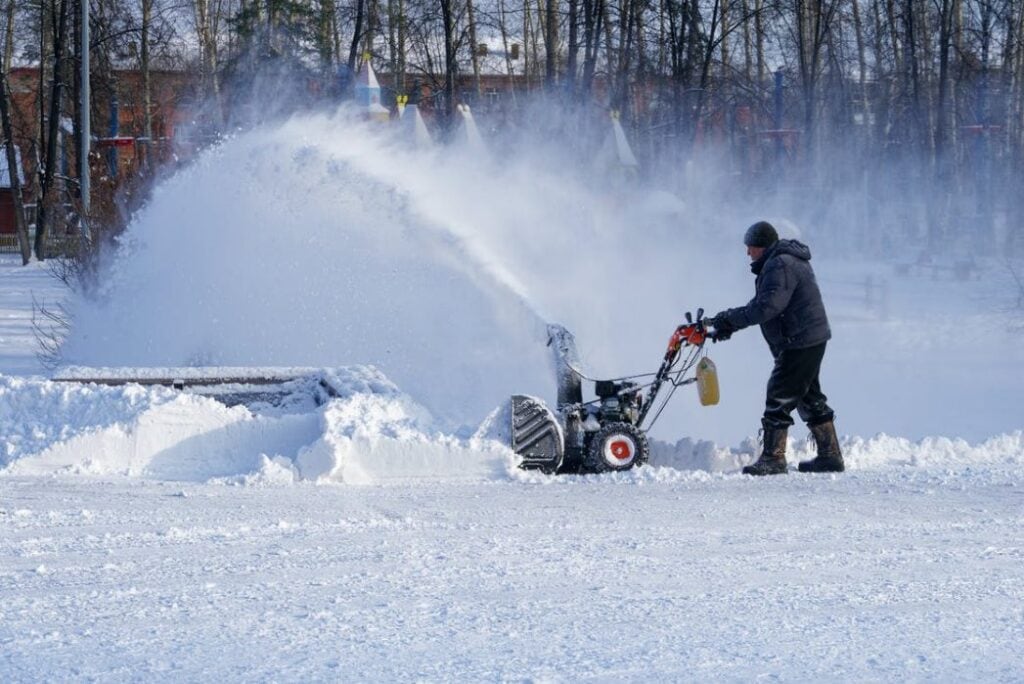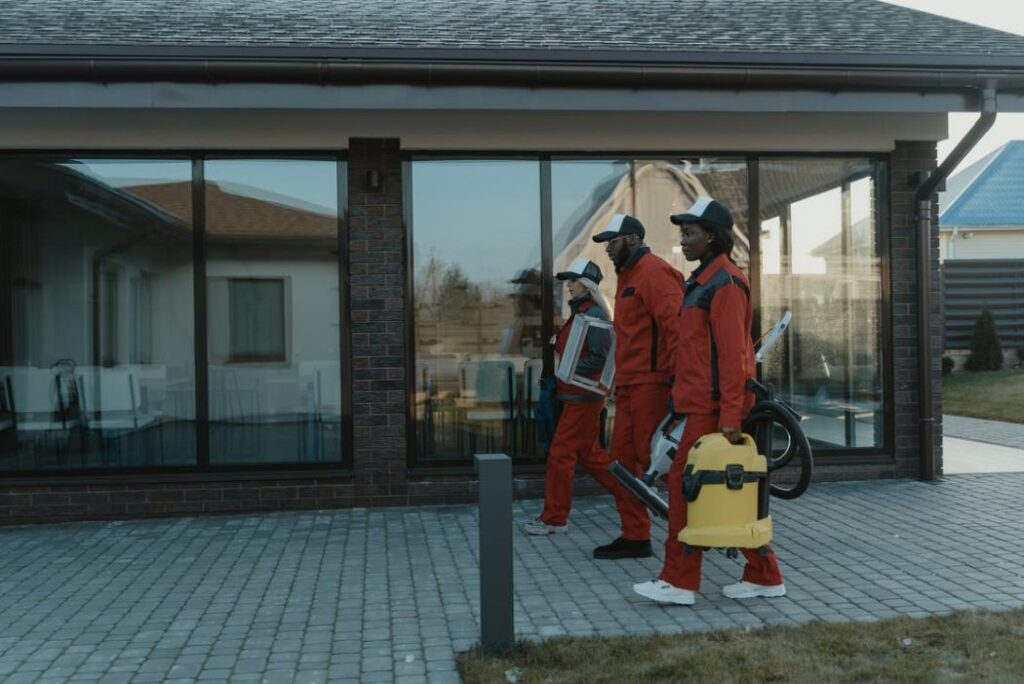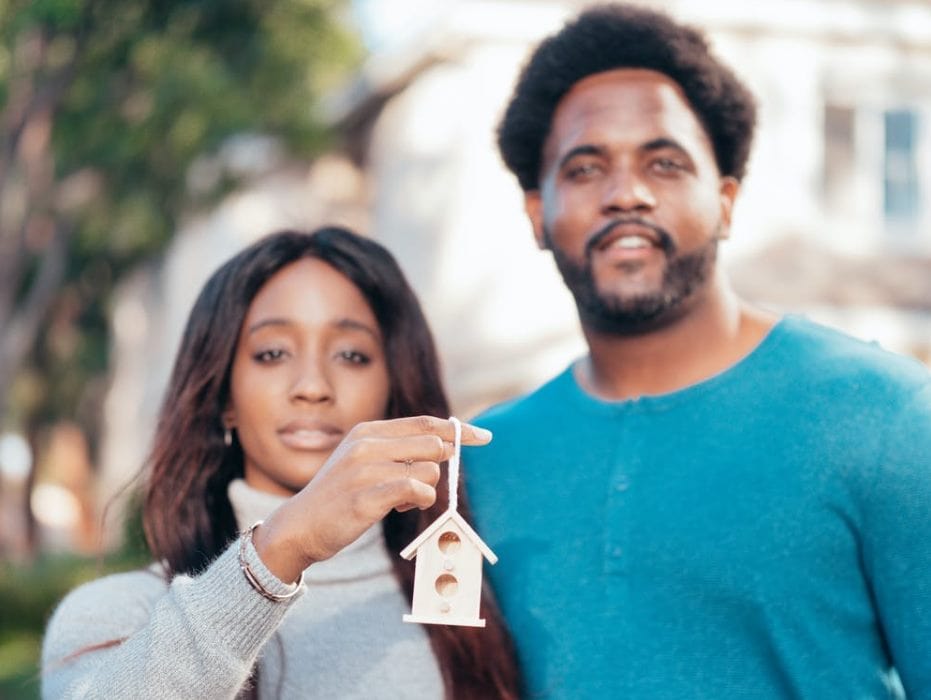Do you have a problem with pigeons? When they congregate in large numbers, they can become a problem if they eat all the bird seed and leave nothing for the smaller birds.
Perhaps their abundance has led to a buildup of droppings on your driveway and automobiles. Their cooing is charming, but you may have experienced the loud sound of a flock of pigeons taking flight after being startled.
While some things will scare them away, you may need to use various methods to keep them at bay. Looking for a reliable pest control company that will take care of your pest problems? All Pests offers a variety of services to meet your needs.
Pigeons are commonly associated with city life, but they can make a home in pretty much any place. Additionally, pigeons are likely to visit you regardless of the size of your outdoor area, whether it's acres or a balcony.
How, then, does one eradicate pigeons? You should start by removing all potential sources of food and then installing devices that will discourage birds from landing on, or nesting in, your property.
Getting rid of pigeons may seem simple, but if the issue grows too large to handle, it may be time to call in the experts.
Foremost, Before You Get Started
Although pigeons may appear innocent at first glance, they may be a significant nuisance if they find their way onto your roof or balcony and cause damage.
Since pigeons are flocking animals, a huge number of them congregating at once can result in an annoying racket.
Pigeon poop is rather acidic, so it can wear away at things like roofing and car painting if it isn't cleaned up. In addition, pigeon poop can cover solar panels, reducing their efficiency and making them less attractive to homeowners.
Exposure to the birds, or their droppings, can make people sick, especially those with weakened immune systems.
Parasites, including ticks, can be carried by pigeons. Therefore, when dealing with a severe pigeon infestation, hiring a professional with access to effective tools and methods for controlling the birds may be necessary.
You might save time and money by calling a professional for guidance before trying any Do-It-Yourself solutions, as what seems like a little problem to you might be a much larger problem that needs a pro's aid.
The extent of the pigeon infestation and the measures required to eliminate them are best understood after consulting an expert.
Removing Pigeons From Your Home
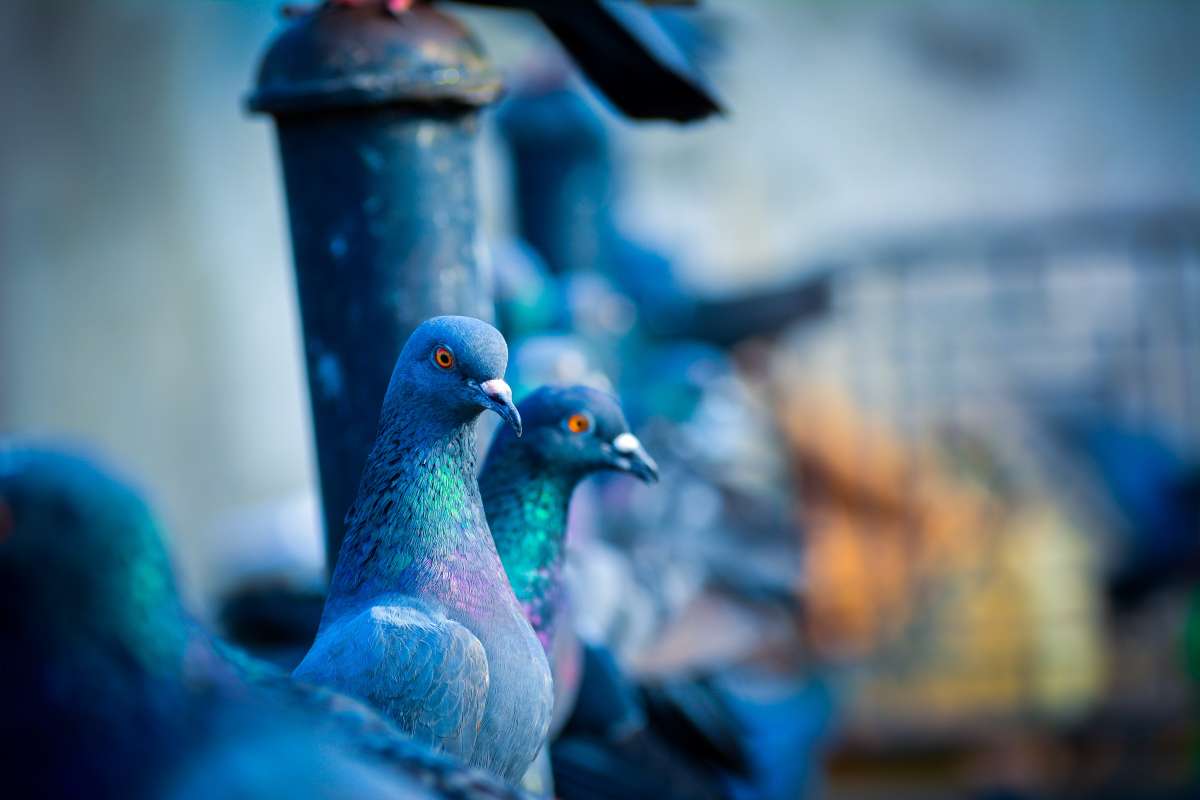
Pigeons congregate in a certain area for valid reasons. Pigeons congregate in areas with easy access to both food and protection. It is necessary to take bird-proofing measures since roof areas and solar panel systems might be ideal nesting locations for birds.
The good news is that multiple strategies can be used in tandem to eradicate pigeons successfully. However, to humanely deter birds like pigeons, it is necessary to employ a combination of deterrents that target different senses.
Suppress Pigeons By Denying Them Food
Prevention is the best method for dealing with pigeons, just like getting rid of raccoons. Don't feed them, and don't give them any food that could attract them.
To prevent pigeons from roosting in and destroying your garbage, recycling, and compost bins, you should lock them up. To discourage pigeons from returning, clean up any remaining food and throw away any plates, platters, or serving utensils from an outdoor barbeque or meal.
Another benefit of cleaning these areas is that it discourages other bugs or wildlife from settling there. Make sure everyone in the home knows how important it is to keep outside spaces clear of food and containers once these common food sources for birds have been removed. Using this method, pigeons won't see your house as a good place to eat.
Prevent Pigeons From Settling Down To Nest
Pigeons can pick from various habitats when deciding where to set up housekeeping.
The primary issue caused by pigeons is when they roost on rooftops, attics, chimneys, barns, sheds, and ledges on both commercial and residential buildings. An intruding pigeon's nest must be eliminated.
Bird spikes can be placed along edges and surfaces that birds are likely to settle on to prevent them from creating a home there. These long, skinny spikes protrude and work best when placed closely together.
Pigeons will still be able to build nests in between the prongs if they are too far apart. Although they appear sharp and rigid, these spikes are dull and pliable, and their sole purpose is to make a bird's perch less than ideal.
An additional way of nest avoidance is to use shock strips, which provide a little jolt to pigeons when they land.
To prevent birds from entering an enclosed balcony or patio area, bird netting can be used to create a barrier between the two areas. Fasten the mesh securely so the birds can't get through.
Altering the habitat in other ways may also be beneficial. For example, regularly pruning trees with heavy canopies may help, but pigeons are also attracted to artificial structures so this solution may be ineffective.
Close Down All Possible Entry Points To Your House.
Pigeons are smart birds; when the time comes, they may try to find ways inside your house to escape potential dangers such as cats or bad weather. Therefore, to prevent pigeons from entering your home, it is crucial to seal off any entry points they could find enticing.
Check your attic for any holes or cracks that could serve as entry points. Silicone caulk is a quick and easy way to close smaller openings, whereas bird netting or hardware cloth is better suited for larger gaps.
If you see major damage to your roof, now is an excellent time to contact a roofing contractor. A strong roof will protect your home from intruders like pigeons and weather-related hazards like rain and snow.
Put An End To Pigeon Problems.
The use of many different methods can avoid pigeons. Gel solutions, which can be made from either chemical or natural repellents, can be used to rid areas of pigeons by trying to make it uncomfortable for the birds to land on the treated area. Multi-sensory discs are used in gel solutions, and their placement is critical. Both citronella and peppermint oil have a strong odour that repels pigeons.
To avoid unwanted bird visitors, you scrub the area in advance. Gel solutions, when applied, cover up pigeon pheromones, disrupt the birds' vision, and are sticky, so touching them is uncomfortable. Of course, birds won't be happy about it, but it won't hurt them.
This alternative to bird spikes is not only more aesthetically beautiful but also more compassionate.
The use of ultrasonic noise can also be effective. These devices are discreet in size and design, allowing them to be hidden almost anywhere while yet doing their job of scaring birds away. The birds will shortly stop coming to the location to nest because of the disturbing noise.
While the gadget is operational, birds will avoid it and be unharmed. Solar-powered gadgets are also available, eliminating the need for regular upkeep.
The use of wind chimes is also acceptable. Put a wind chime on your balcony or deck to scare away pigeons. Wind chimes can be used to keep burglars and other intruders at bay. Some wind chimes are equipped with reflecting devices that deter birds from roosting there.
You might also use something reflective. A tried-and-true strategy for discouraging birds from squatting in your garden. This is commonly visible in CDs and other shiny things that reflect sunlight when seen from an angle. Birds find moving light very distracting. He adds that using fright tape, reflective spiral stickers, and motion-activated lights can all be effective methods of warding off birds.
Bring In The Experts
Getting rid of pigeons may require expert assistance if there is a huge swarm. However, they can be trapped and dealt with per the locality's regulations.
Do you have bird pest problems? All Pests offers professional bird pest control services in Melbourne, Victoria. Our team of experienced professionals can help get rid of your bird problem for good.
There Is No Magic Bullet That Will End All Pigeon Issues
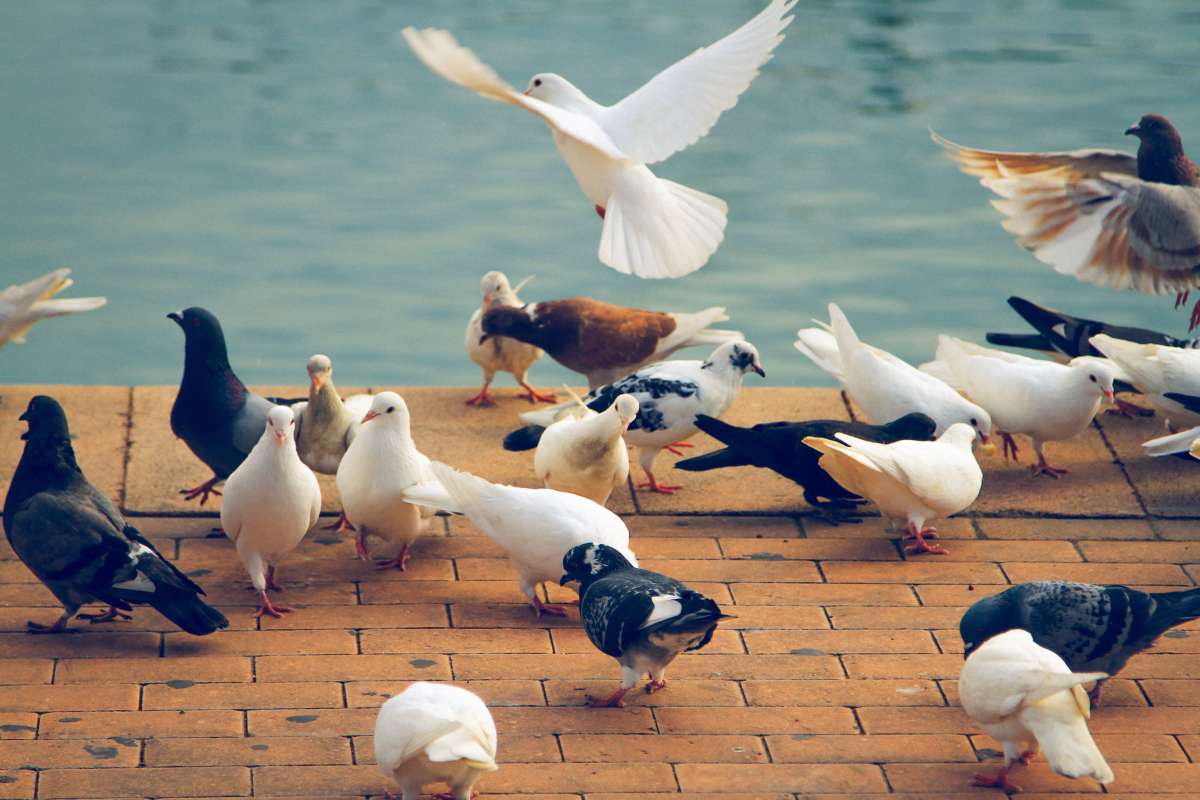
No method, short of killing all the birds, is 100 per cent effective in eliminating this problem. But, like rats, pigeons have been around since the dawn of civilisation and show no signs of disappearing any time soon.
The remaining flock quickly replaces the missing individuals through reproduction, rendering even fatal tactics ineffective in the long run.
A "harvest" of pigeons often happens when lethal methods are used rather than any systematic attempt at control.
The methods mentioned above can be used for challenges of varying sizes, albeit even the simplest of locations will require close examination and planning to ensure everyone's safety.
Isn't It Simpler to Just Shoot the Birds?
For a quick and practical solution to a pigeon problem, the casual spectator will often remark, "why not just kill the birds?" regardless of any humane considerations.
Although culling provides a quick and visible fix to a pressing pigeon problem, its benefits are only temporary. In most cases, after a cull, the population will "backfill" the following vacancy by reproducing at a higher rate.
Unfortunately, killing the birds only gives people the false sense that they are in control. The only sustainable solution to population management is to reduce reproduction. Killing pigeons has evolved into more of a harvest than a control strategy.
We know how much damage pests can do. That’s why All Pests offer affordable pest control services that will get rid of the pests and stop them from coming back.
Conclusion
Even while pigeons are often depicted in urban settings, they actually adapt well to a wide variety of environments. You should start by getting rid of any food sources, and then set up devices to deter birds from landing or breeding on your property.
It may seem like an easy task to eliminate pigeons, but if the population increases too rapidly, professional help may be required. Pigeons tend to gather in safe and well-supplied zones. Don't give them any food, especially if it could attract them.
Remove any leftover scraps of food and discarded dishes to deter pigeons from returning. Place bird spikes around ledges and other perches where birds tend to rest.
Pigeons are intelligent birds that may try to make their way inside your home to avoid predators like cats or inclement weather.
Sealing off any potential ports of entrance that pigeons could find appealing is essential for keeping them out of your property. Pigeons can be exterminated with the help of gel solutions, which can be created from either chemical or natural repellents.
If there is a large swarm of pigeons, you may need help from a professional to get rid of them.
Birds can be scared away with the help of deterrents such as fear tape, reflective spiral stickers, and motion-activated lights. Limiting new births is the long-term method to controlling population growth. The elimination of pigeons has become more of a harvest than a means of pest management.
Content Summary
- They can become a nuisance when they gather in huge numbers and consume all the bird feed, leaving little for the more delicate species.
- Perhaps their poop has accumulated on your driveway and cars because of their abundance.
- They can be scared away by certain things, but you may need to apply multiple deterrents.
- Even while pigeons are often depicted in urban settings, they actually adapt well to a wide variety of environments.
- Furthermore, pigeons are likely to visit you whether you have acres of outdoor space or a balcony.
- Then, what strategy may be employed to completely rid a region of pigeons?
- Getting rid of any food or water supplies that could attract birds is the first step in preventing them from landing on or nesting on your property, as are any devices that would make them uncomfortable doing either.
- It may seem like a simple task to get rid of pigeons, but if the population grows too large, it's time to call in the pros.
- Although pigeons look cute and harmless, they may actually be quite a nuisance if they find their way onto your roof or balcony and start pecking away at your property.
- Pigeons are social creatures, so when there's a large concentration of them, they may make an unpleasant racket.
- Because of its high acidity, pigeon poop may eat away at surfaces like roofs and automobile paint if it is not removed.
- Also, pigeon droppings can accumulate on solar panels, making them less effective and less appealing to potential buyers.
- People with compromised immune systems are particularly vulnerable to becoming ill after coming into contact with the birds or their droppings.
- Pigeons can spread parasites, such as ticks, to their human hosts.
- Therefore, it may be important to hire a professional who has access to effective tools and procedures for managing the pigeons when dealing with a serious pigeon infestation.
- You could save yourself time and money if you call a professional for advice before attempting any Do-It-Yourself solutions since what seems like a little issue to you could actually be a much larger issue that requires a pro's assistance.
- Consultation with a professional is the best way to learn about the scope of the pigeon infestation and the necessary steps for eradication.
- Pigeons have good reasons for congregating in one spot.
- Pigeons tend to gather in safe and well-supplied zones.
- Considering that rooftops and solar arrays could provide birds with a suitable nesting environment, bird-proofing precautions are warranted.
- Fortunately, pigeons can be successfully eradicated using a combination of methods.
- However, a combination of deterrents that target distinct senses is required to humanely repel birds like pigeons.
- Food Controlling pigeon populations is best accomplished by preventative measures, much like racoon control.
- Don't give them any food, especially if it could attract them.
- Locking up your trash, recycling, and compost cans will keep pigeons from using them as roosts and damaging your waste management efforts.
- Clean up any leftovers and dispose of any plates, platters, or serving utensils following an outdoor barbeque or meal to prevent pigeons from returning.
- Once these typical bird food sources have been eliminated, it is crucial to remind everyone in the family to maintain outside areas free of food and containers.
- This strategy will deter pigeons from considering your home a food source.
- Avoid having pigeons build nests in your yard. When determining where to set up a shop, pigeons have a few habitat options to choose from.
- Pigeons are a nuisance mostly when they congregate in large numbers and roost in inappropriate places, such as on the roofs, attics, chimneys, barns, sheds, and ledges of homes and businesses alike.
- There's a pigeon's nest in the attic, and it needs to go.
- If you want to keep birds from making a nest on a certain edge or surface, you can instal bird spikes there.
- Bird netting can be used to form a barrier between an open balcony or patio and an enclosed space, keeping the birds out.
- Be sure to attach the mesh so that the birds cannot fly through it.
- Additional improvements to the habitat may be possible.
- Seal off any and all entrances to your home.
- To keep pigeons out of your house, it's important to block up any entryways they might use.
- Find and repair any potential entrance points into your home, especially the attic.
- Smaller holes can be sealed off with silicone caulk quickly and easily, but bigger ones require more permanent solutions like bird netting or hardware cloth.
- Now is a good time to get in touch with a roofing professional if you have noticed significant damage to your roof.
- Protect your property from pigeons and precipitation with a sturdy roof.
- Many strategies exist for preventing contact with pigeons.
- It is possible to deter pigeons from a given place by applying a gel solution made of either chemical or natural repellents, with the goal of making it unpleasant for the birds to land in the treated area.
- You scrub the area in advance to keep the birds away.
- Ultrasonic noise can also be useful in this context.
- Wind chimes can also be used in this context.
- Hang a wind chime from your deck or balcony to keep the pigeons at bay.
- Intruders can be deterred with the use of wind chimes.
- It is possible to prevent birds from roosting in wind chimes by using reflective devices.
- The method has been shown to be effective in keeping birds out of gardens.
- Also, he says that fright tape, reflective spiral stickers, and motion-activated lights are all good ways to scare away birds.
- If there is a large swarm of pigeons, you may need help from a professional to get rid of them.
- They can, however, be captured and eliminated in accordance with the laws of the area.
- The plight of pigeons cannot be solved with a single pill. Unless all the birds in the area are eliminated, there is no surefire way to solve this issue.
- Pigeons, however, have been present in human societies ever since the beginning of time, and they show no signs of going away anytime soon, just like rats.
- There is usually a "harvest" of pigeons when deadly measures are utilised instead of any sort of systematic attempt at management.
- The aforementioned strategies can be applied to obstacles of varied proportions, while even the most basic of settings will require careful inspection and planning to ensure everyone's safety.
- An observer might ask, "Why not just kill the birds?" if they want a quick and easy answer to a pigeon problem.
- Culling can be a visible and immediate solution to a pigeon problem, but its effects won't last.
- The population will typically "backfill" the subsequent vacancy by reproducing at a higher rate after a cull.
- Killing birds just gives people a false sense of power.
- Limiting new births is the long-term method of controlling population growth.
FAQs About Pest Birds
Some common types of pest birds include pigeons, sparrows, starlings, and seagulls. These birds can cause problems in urban areas by roosting on buildings, defacing buildings with their droppings, and causing noise pollution.
There are several measures you can take to prevent pest birds from becoming a problem on your property. These include:
- Installing physical barriers, such as bird netting or spikes, to prevent birds from roosting on ledges or other flat surfaces
- Using bird repellents, such as sound and visual deterrents, to discourage birds from entering certain areas
- Removing sources of food and water, such as open garbage cans or standing water, that may attract birds
- Keeping grass and other vegetation trimmed to reduce the number of hiding places and nesting sites
If you already have a problem with pest birds on your property, you may need to take more aggressive measures to remove them. This can include:
- Trapping and removing individual birds or birds' nests
- Using chemical repellents to deter birds from returning
- Modifying the habitat to make it less attractive to birds, such as by removing roosting or nesting sites
Pest birds can pose several health risks. Their droppings can harbour a number of diseases, including salmonella and histoplasmosis, which can be transmitted to humans through contact or inhalation. In addition, pest birds can carry parasites, such as mites, ticks, and lice, which can also be transmitted to humans.
The legalities of removing pest birds from your property depend on the species of bird and the methods you use. In many cases, it is legal to remove pest birds from your property as long as you do not harm the birds in the process. However, it is important to check with local authorities or a wildlife management specialist to determine the specific laws and regulations that apply in your area.


